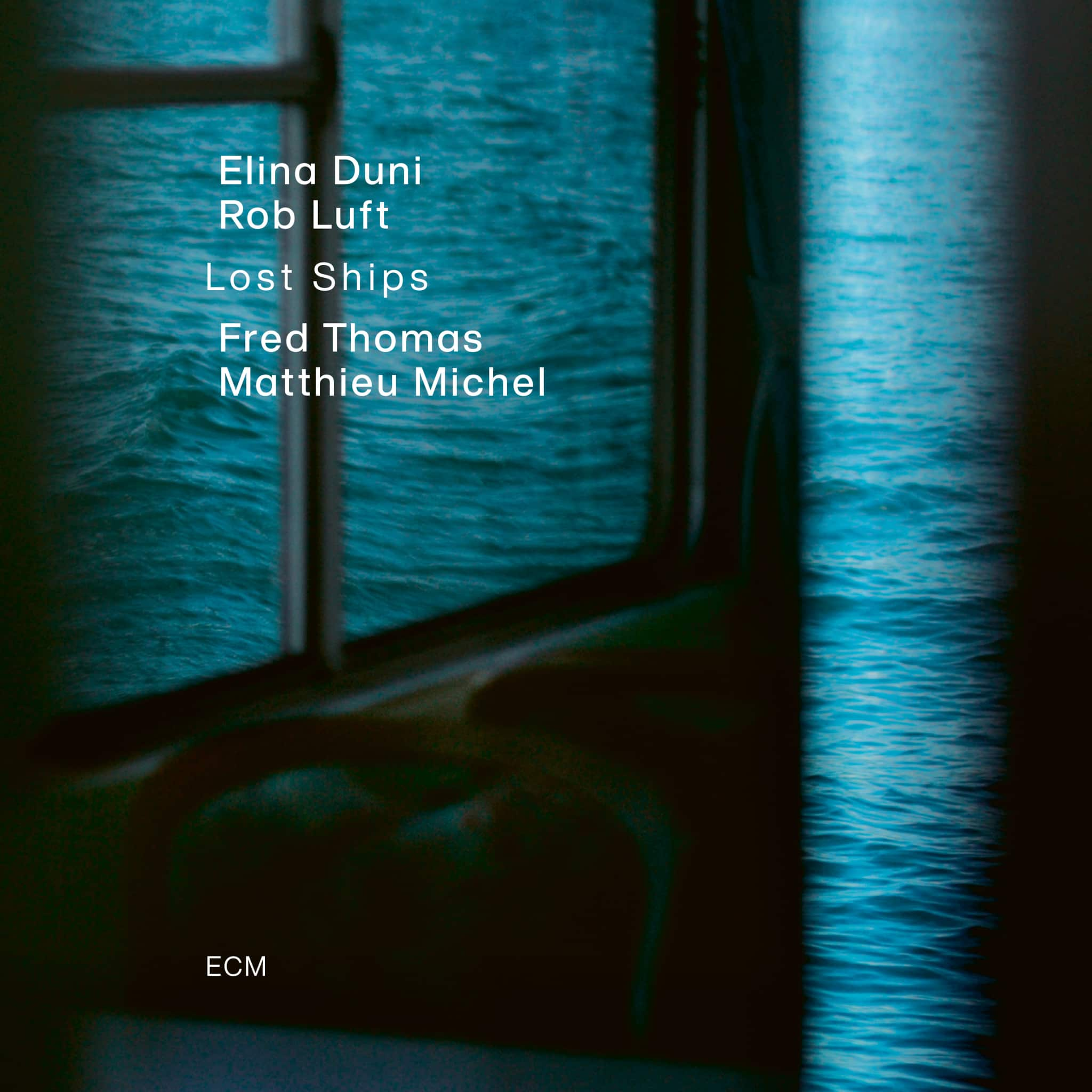2017年に始まったエリーナ・ドゥニとロブ・ルフトのコラボレーションは、愛や亡命といったテーマを探求しながら着実に進化を遂げてきました。時とともに、スイスのフリューゲルホルン奏者マチュー・ミシェルやイギリスのピアニスト兼パーカッショニスト、フレッド・トーマスといった著名なゲストを迎え、デュオは音楽の世界観を大きく形作ってきました。移民危機や環境問題といった社会課題への焦点は、ドゥニのアルバム「Partir」でも既に取り上げられています。選曲は多岐にわたり、伝統的なメロディーやオリジナル作品から、フランク・シナトラやシャルル・アズナヴールといったアーティストによって有名になった曲まで、多岐にわたります。さらに、ミュージシャンたちはジャズバラード、フランスのシャンソン、アメリカのフォークソングなど、様々な影響や音楽の起源を探求しました。「Lost Ships」のレコーディングは、2020年2月に南フランスのStudios la Buissonneで行われました。

